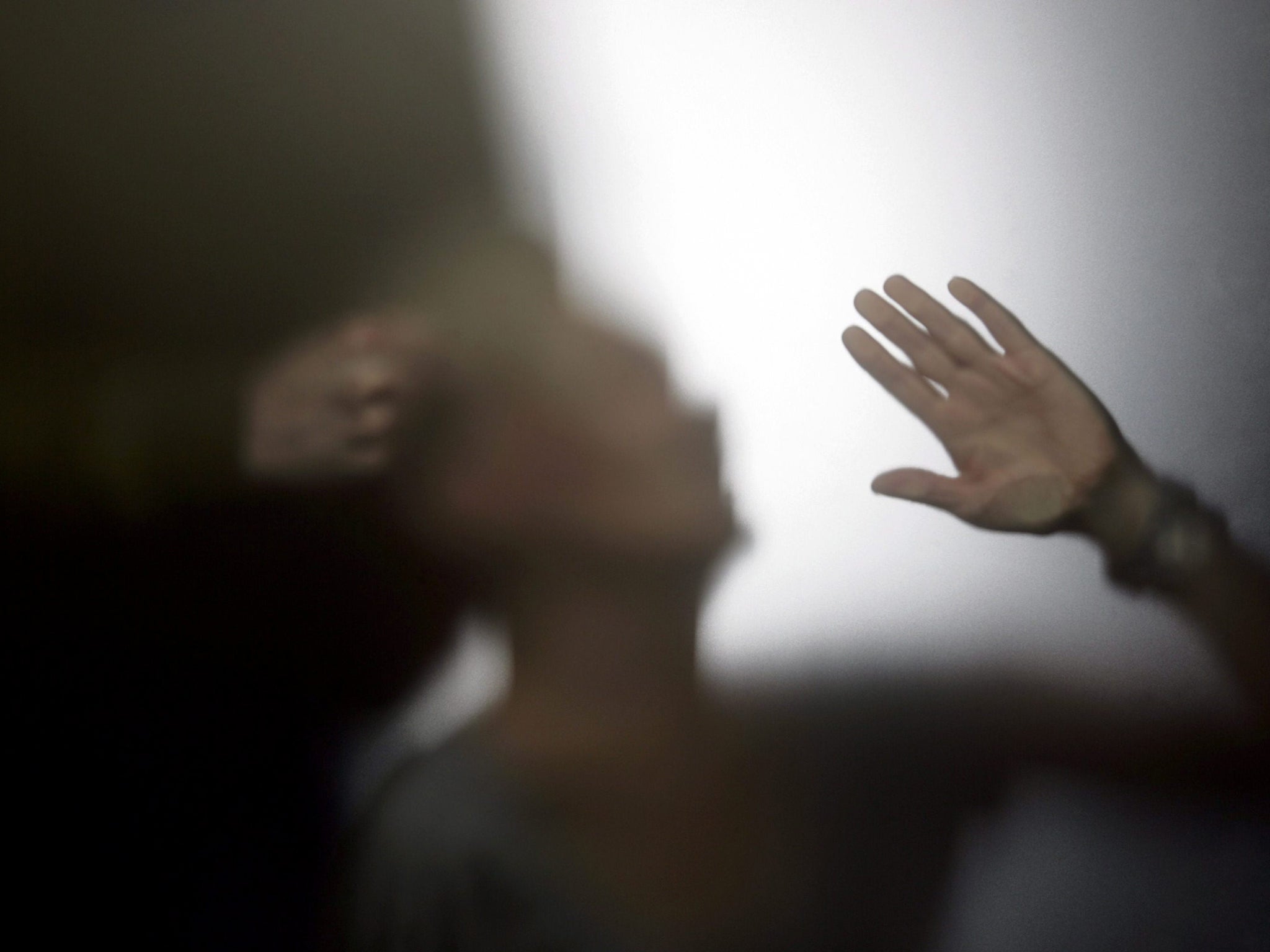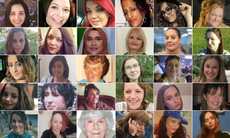Domestic abuse victims dropping charges against violent ex-partners due to lengthy court delays caused by Covid
Exclusive: Victims in 'limbo' as cases pushed back to 2022 due to 'huge' backlogs

Domestic abuse victims are dropping charges against violent ex-partners after growing frustrated by court delays caused by the pandemic, campaigners have warned.
Survivors who fled abusive partners have been told their cases will not reach trial until 2022 due to “huge” court backlogs as the criminal justice system struggles to operate under social distancing rules.
It comes after a recent report by four justice chief inspectors for England and Wales found the total criminal courts backlog is more than 457,000 cases, up 100,000 since the start of the Covid crisis.
Leading domestic abuse charities told The Independent they were seeing more women who have suffered domestic abuse withdrawing their statements or dropping out of legal cases altogether as a direct consequence of court delays.
Other victims are said to be stuck in “limbo,” anxious to know when their case will be heard and fearing their ex-partner may attack them in the meantime.
Cordelia Tucker O’Sullivan, police manager at Refuge, the UK's largest provider of shelters for women fleeing abusers, said the charity's advocacy services were supporting women whose cases have been delayed several times, "with no definitive timeframe for when they might be heard".
She added: “This leaves them in a constant state of anxiety and unable to move on because they know that at some point, they will need to attend court to give evidence against their perpetrator. Unfortunately, we’ve seen women withdrawing their statements and exiting the process entirely as a result of these delays.
“Many women will never have the opportunity to bring their perpetrator to justice, but for those who do, criminal convictions are a lengthy and traumatic process, which is only exacerbated and prolonged by delays to court hearings.”
She noted the vast majority of women do not report domestic abuse to the police due to fears they will not be believed, or anxiety their perpetrator may ramp up the abuse in retaliation.
Ms Tucker O’Sullivan said police referrals of domestic abuse cases to the CPS remain “shockingly low” and plummeted by 21 per cent last year alone, adding the court system in England and Wales was “chronically underfunded”.
Diana Fawcett, chief executive of the charity Victim Support, said: “We have seen a significant increase in the number of domestic abuse victims who are struggling to remain engaged with the criminal justice system.
“There have been many cases where police responses to domestic abuse incidents have been slow or unresponsive in some instances, and victims have been encouraged to go down the civil routes, for example applying for non-molestation orders in a bid to avoid the criminal justice process.
“Many other victims have also seen their trials postponed multiple times, sometimes at short notice, and the pandemic has only made this worse."
Charlotte Kneer, chief executive of Reigate and Banstead Women’s Aid refuge in Surrey, told The Independent the pandemic had exacerbated pre-existing issues around domestic abuse cases taking too long to get to court.
Ms Kneer, a domestic abuse survivor whose violent partner was jailed for seven years in 2011, noted it could take years to get a case to court as she warned the lengthy wait is one of the keys reasons women decide not to pursue a prosecution. The wait takes an “unimaginable toll” on the survivor and can lead to them dropping charges, she added.
She added: “The longer the wait, the more likely they drop out. I'm someone who waited 14 months for my case to come to court after the charge. It was the most stressful time of my life.
“During that time, you are worried the alleged perpetrator might try and stop you from participating in prosecution. You fear for your life. You are frightened they may not be convicted and how you will manage them being so angry but not being in prison. Also, they may feel vindicated as they were found not guilty.
“You are worried you will be attacked or killed. Additionally, as a domestic abuse victim, you've endured gaslighting and being told you are lying and having your memories questioned and twisted.”
Ms Kneer said traumatic experiences meant victims feaed taking the stand and recounting their evidence in front of their abusive ex-partner.
“It is terrifying beyond words,” she added. “Having the trial delayed for years is what I'd describe as slow torture. The nature of domestic abuse means these cases need to be heard quickly.”
Campaigners warn it is particularly important backlogs for domestic abuse are cleared given cases have soared during coronavirus lockdowns.
A report released by MPs at the end of April last year revealed domestic abuse killings in the first 21 days of the first lockdown were double the total of an average period in the past decade.
Dr Lisa Johnson MBE, a manager at Women’s Aid, said: “Survivors tell us of the serious anxiety and fear they face after they have reported domestic abuse to the police – and the fact they experience threats and intimidation from the perpetrator and their friends or family.
“It is therefore not a surprise that if a survivor faces months or even years before their case is heard that they will choose to withdraw from the process.
"Anecdotally, Women’s Aid’s direct services team has also supported survivors who have supported a prosecution only to have had it closed because of ‘evidential difficulties’, which can be deeply traumatising and distressing – and it appears this problem is growing during the pandemic.”
Almost one in seven victims of ongoing domestic abuse victims have told Women’s Aid their ordeal had got worse in the wake of the coronavirus crisis.
Jessica Asato, of the charity Safe Lives, said: “Leaving traumatised victims in limbo, sometimes without dedicated specialist support, is unacceptable.”
A Ministry of Justice spokesperson said: “We have taken swift and unprecedented action to keep the justice system moving through the pandemic, which includes prioritising urgent cases such as domestic abuse offences.
“We are also investing £450m to deliver speedier justice, increasing video technology and opening more Nightingale courts.”
Anyone who requires help or support can contact the National Domestic Abuse Helpline which is open 24/7 365 days per year on 0808 2000 247 or via their website https://www.nationaldahelpline.org.uk/




